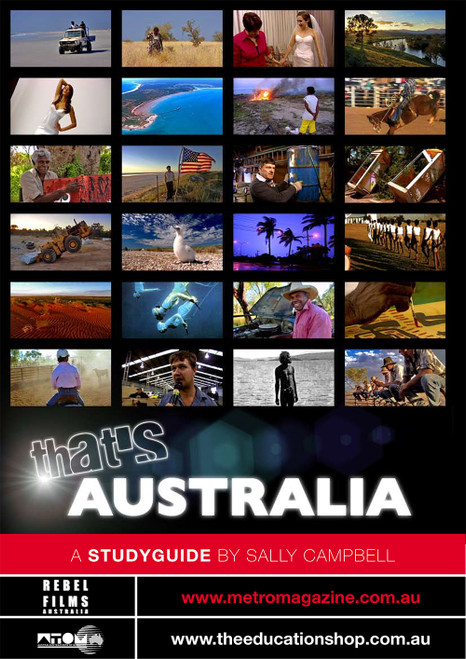Product Overview
A Thousand Encores tells the fascinating and important story of how one of the greatest ballet companies of the twentieth century – the celebrated Ballets Russes – came to Australia and awoke the nation, transforming the cultural landscape of conservative 1930s Australia and leaving a rich legacy that lasts to this day.
In 1936, the Ballets Russes de Monte Carlo stepped off a boat into the bright Australian sunlight. With avant-garde music by great composers like Stravinsky, and exotic sets and costumes designed by leading modernist artists, the Ballets Russes was a sensation. Over five years from 1936 to 1940 they came to Australia three times, winning the hearts and minds of Australian audiences and ultimately sowing the seeds for Australian ballet today.
A Thousand Encores is brought to life using a rich archival resource. Australia has the largest collection of Ballets Russes footage in the world and an impressive photographic record, with the most famous pictures taken by a young Max Dupain. His glamorous shots transformed the dancers into overnight celebrities. Seeing this material and hearing the vivid recollections of former Ballets Russes ballerinas (now in their 90s) and Australians who witnessed the ballets in the 1930s, the excitement and impact of this remarkable company emerges. Despite the conservative climate of the time, with the prevailing focus on sport, rather than high art, Australians were hungry to experience the best in avant-garde music, dance and art – all that the Ballets Russes embodied. Seeing the radical sets and costumes of European modernists like Miró, Picasso and de Chirico inspired a generation of Australia's greatest artists, including Grace Cossington Smith, Jeffrey Smart and Sidney Nolan. Some went on to add their own unique talents to Ballets Russes productions. For a young Nolan, designing the set and costumes for the ballet Icare fostered a lifelong involvement with ballet and theatre, and changed the direction of his art.
At the end of their Australian tour in 1940, a number of Ballets Russes dancers chose not to return to wartorn Europe. They established ballet schools and companies in their new country, setting the stage for professional ballet in Australia today and igniting a passion for dance in future generations of Australians.
A Thousand Encores travels from the past to the present, weaving history with a contemporary tale. We follow acclaimed choreographer Graeme Murphy as he returns to his old company, The Australian Ballet, to breathe new life into perhaps the most famous Ballets Russes creation of all, The Firebird. Based on a Russian fairytale, The Firebird was first performed in Paris in 1910 to great acclaim. Murphy and his partner Janet Vernon are very much aware of the weight of history and the huge expectations that greet any new production of this classic ballet. The film follows the sometimes stormy process from rehearsal through to opening night. The Australian Ballet, Murphy, Vernon and the magical Firebird ballet that finally emerges, are all part of a living legacy that goes back to those 1930s Ballets Russes tours of Australia.
Curriculum Links:
A Thousand Encores should be compulsory viewing for all secondary school teachers and students with a genuine interest in the history of Australian art and culture. The Ballets Russes tours laid the foundations for our own involvement in ballet as an art form. Indeed, the world-renowned The Australian Ballet would be impossible to imagine without this history. In addition, the Ballets Russes offered Australian audiences an entrée to the great modernist artists of the European avant-garde, and this film is wonderful in the way in which it ultimately celebrates all the arts.
A Thousand Encores has relevance to the following Key Learning Areas: Art (Dance, Music, Theatre, Art and Design), Cultural Studies, History (Australian and 1930s–1940s) and SOSE/HSIE. It could also fit into themed English units focusing on identity (cultural, historical, artistic), character and relationships.
Victorian teachers are encouraged to contact The Australian Ballet for information about their engaging education programs.







